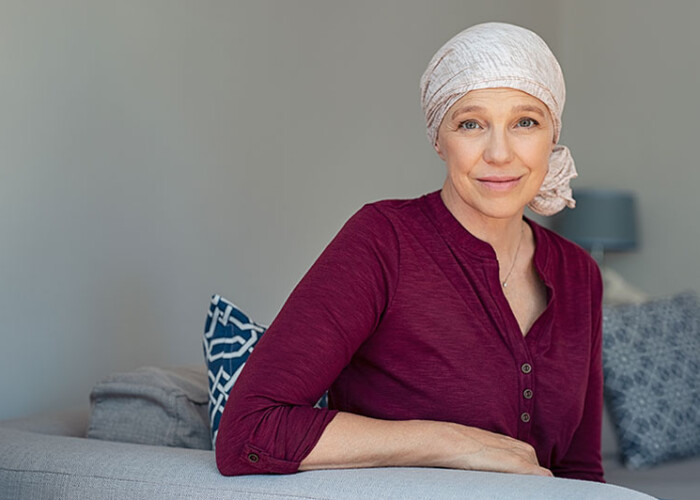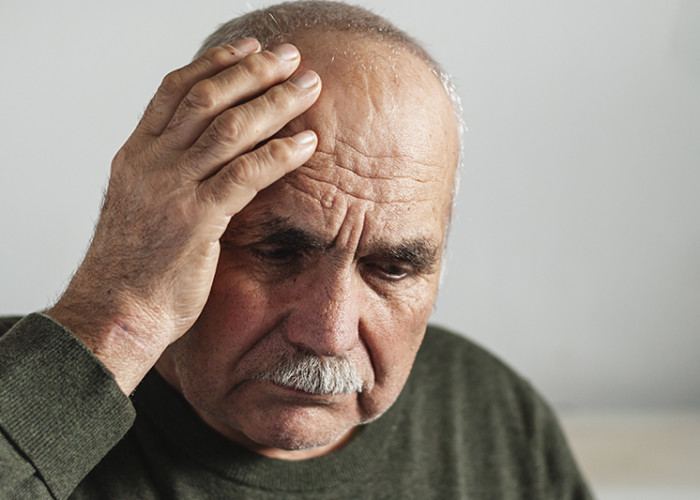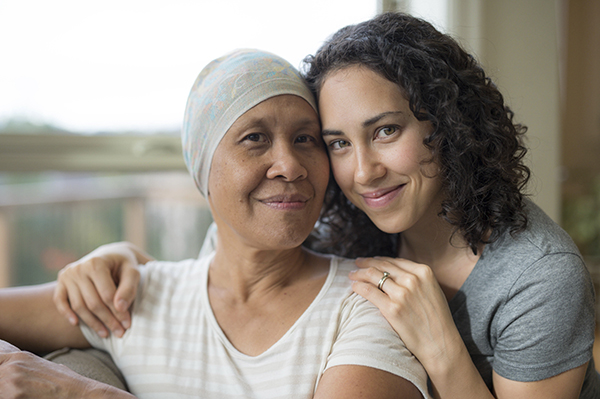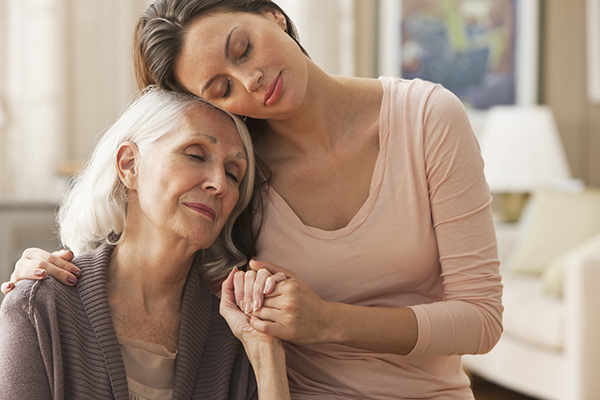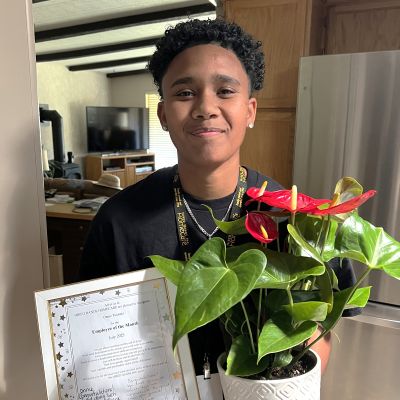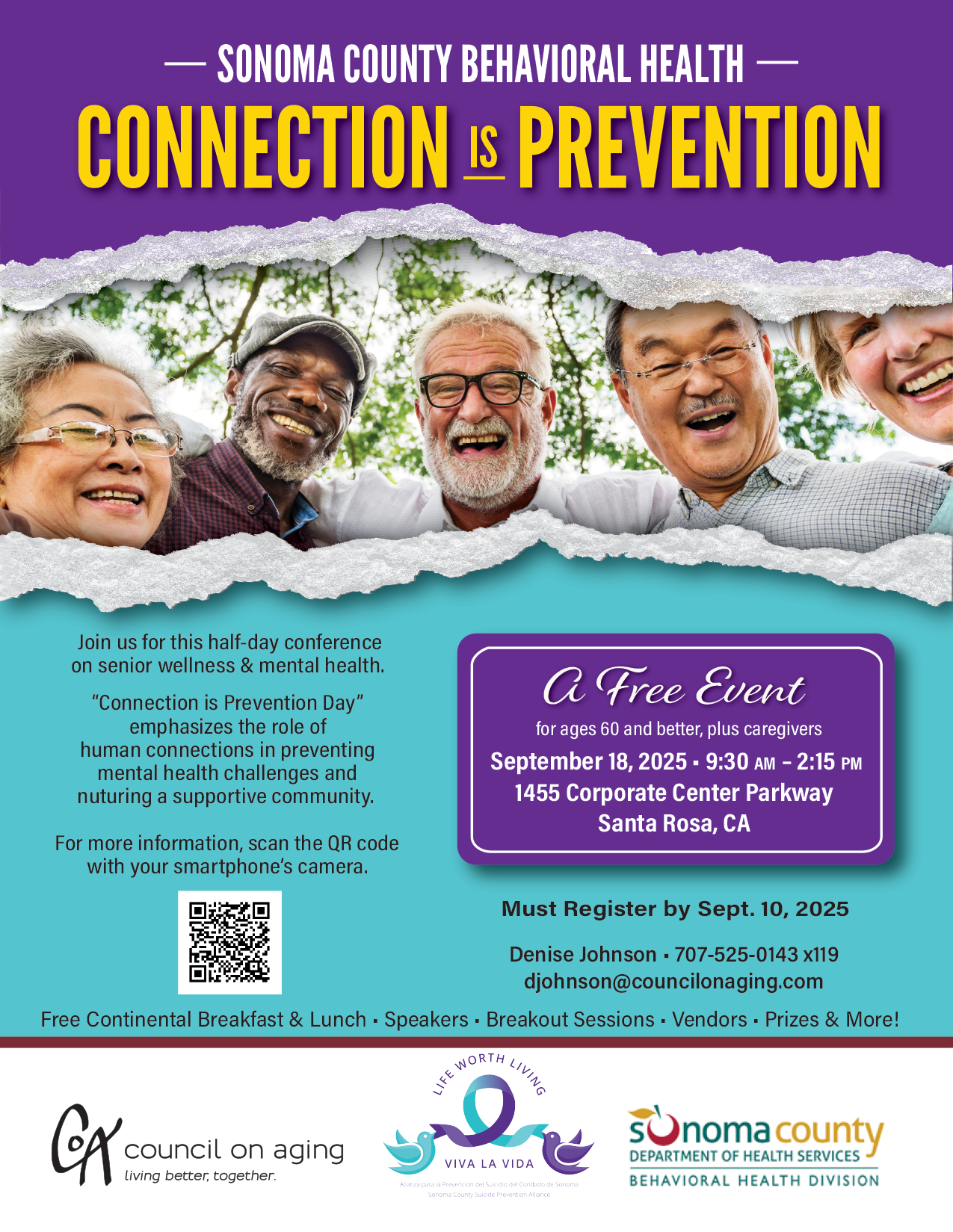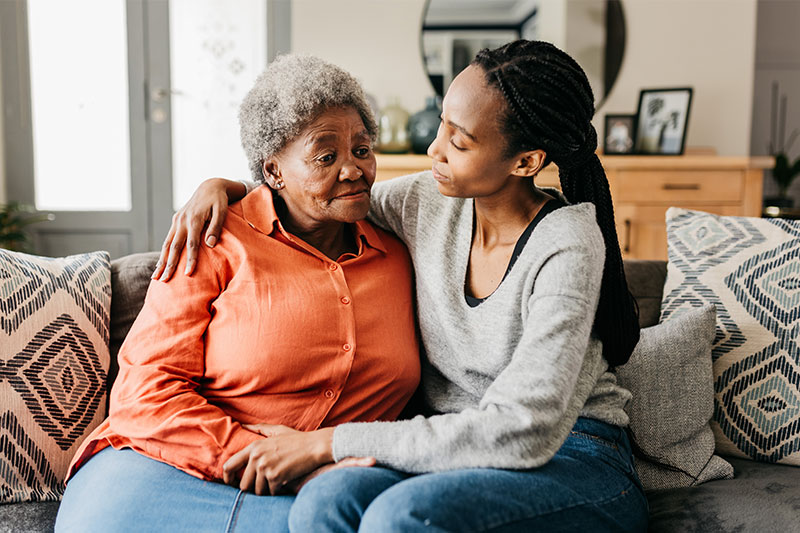Cancer
Know What to Avoid During Chemotherapy for the Best Treatment Outcome
The benefits of chemotherapy are indisputable and can save someone’s life. However, in the process of destroying harmful cancer cells, noncancerous cells may also be in the crossfire, causing challenging side effects. The physician will offer recommendations on what cancer patients should do to minimize these effects, but it is just as important to know what to avoid during chemotherapy.
Understanding Chemo Brain and Its Effects
Chemo brain can last for months or even years after treatment has ended.
Memory lapses, confusion, and difficulty concentrating—these symptoms could easily be attributed to Alzheimer’s, but for cancer survivors, there’s another likely culprit: chemotherapy. Referred to as chemotherapy induced cognitive impairment (CICI) or “chemo brain,” these effects can linger for months or even years after treatment concludes. It’s not exclusive to chemotherapy recipients, either; radiation, surgery, hormonal treatments, and even the cancer itself can contribute to cognitive challenges, complicating effective treatment.
Exploring the Complexity:
Dr. Kevin Liou from the Bendhaim Integrative Medicine Center at Memorial Sloan Kettering Cancer Center emphasizes that cancer-related cognitive impairment is a multifaceted issue with various contributing factors. This complexity means that chemo brain can manifest at any point during or after cancer treatment, presenting symptoms like difficulty multitasking, reading comprehension issues, word-finding … Read More »
4 Important Facts About Cancer You May Not Know
These facts about cancer may change the way you think about the disease.
Each year since 1999, we’ve achieved an increasing decline in cancer-related deaths, an encouraging trend that’s poised to continue as researchers learn more and more facts about cancer and its causes, and are able to develop new and better treatment methods. Yet cancer is still one of the leading causes of death in America, second only to heart disease – making it all the more crucial to continue to press forward with persistence to find a cure.
Here’s what we’ve learned so far:
Diet makes a difference. Although a diet rich in antioxidants can help prevent cell damage (and protect against cancer), a recent study showed that in some cases, cancers take advantage of a nutrient-rich diet, leading to accelerated metastasis. As a result, the recommendation … Read More »
Try These Tips to Help with Appetite During chemotherapy
Chemotherapy can affect how foods taste, but there are steps you can take to help.
Good nutrition is crucial during cancer treatment and recovery, yet not always easy to achieve. Appetite problems during chemotherapy are common, as a result of the way the treatment impacts how foods taste. Many people undergoing chemo treatment complain of a metallic aftertaste in foods, and this can even occur in plain water. When combined with another prevalent side effect of chemotherapy – nausea – sticking to a healthy diet can be a challenge.
Clinically known as dysgeusia, it’s a condition that affects as many as 65% of patients receiving chemotherapy, sometimes lasting for just a few days or even up to several months. Nutritionist Ginger Hultin, RDN, explains, “Taste changes can really turn people off to eating enough food. Patients can start … Read More »
Accepting a Chronic Disease Diagnosis Is Beneficial for Seniors and Their Family Members
Facing a chronic disease diagnosis head-on does not mean giving up.
In Isaac Asimov’s opinion, “The easiest way to solve a problem is to deny it exists.” It’s a standard feeling for many family caregivers when their loved one is faced with a chronic disease diagnosis, such as dementia. Even though this can instill some measure of comfort in thinking that life can carry on like it always has, if only we don’t acknowledge this new reality, the truth is that acknowledgement is extremely important in order to get the necessary support.
It is understandable for a family member to wish to deliver all of the care a senior loved one needs. Nevertheless, frequently in the crux of denial are feelings of guilt, helplessness, and in some cases incompetence in the ability to “fix things.” And you will … Read More »
6 Tips to Try When Chemotherapy Affects Appetite
Chemotherapy can impact a person’s appetite, but these tips can help.
Eating healthy is especially crucial for those undergoing chemotherapy or another type of cancer treatment, but one of the major side effects preventing patients from eating well is a change in how foods taste. It’s important to overcome this and other obstacles to healthy eating in order to maintain the strength needed for chemotherapy treatments and protect against infections. Eating a balanced diet may even help cancer patients better manage higher doses of certain types of medications.
When experiencing challenges with taste changes that interfere with adhering to a recommended dietary plan during cancer treatment, the following cancer nutrition tips from Hired Hands Homecare, providers of the the best senior care Santa Rosa, CA seniors need, can help:
Experiment with different food temperatures. For some people … Read More »
Snake Venom Could Open New Treatments for Cancer
Learn how snake venom could possible provide treatment for cancer patients.
Besides helping to manage our mouse and rodent population, it may be hard to think of anything beneficial about snakes – especially poisonous ones. Yet there may be a surprising silver lining to slithery serpents: innovative new treatments for cancer.
Just ask Steve MacKessy of the University of Northern Colorado. He’s been collecting and studying snake venom for decades, freeze-drying the venom to retain its properties. He still works with samples gathered as many as 40 years ago, sharing, “A lot of other protein drugs are inherently unstable, but venoms in particular are designed to be stable under bad conditions.”
Because the toxins in the venom bind very specifically to the receptors of its prey, they have the potential to target only the cancer cells themselves, unlike … Read More »
The Best Cancer Care: Being There
Sometimes, the best cancer care is knowing how to be a good friend.
Receiving a diagnosis of cancer is life-altering, and having a strong support system is crucial. When a friend or loved one is undergoing cancer care, you may feel at a loss as to how to provide the best support, without overstepping boundaries or causing the person any undue stress. These steps, courtesy of Hired Hands Homecare, the best elderly care Napa has to offer, are a great place to start.
Be present. Find out the best times to visit the person with cancer, and then simply be there, to listen, talk, and even laugh together when appropriate, which can bring a breath of fresh air to someone looking to maintain a sense of normalcy.
Bring a treat. The effects of chemotherapy and radiation can cause exhaustion, making it … Read More »
The Unexpected Treatment for Hot Flashes in Breast Cancer Survivors Worth Exploring
Breast cancer survivors experiencing hot flashes can find relief through this treatment option.
For many breast cancer survivors, the discomfort of recurring hot flashes – sometimes as often as multiple times each day – makes each day a struggle. And while there are various treatment options available, one surprising treatment option is beginning to rise in popularity: acupuncture.


